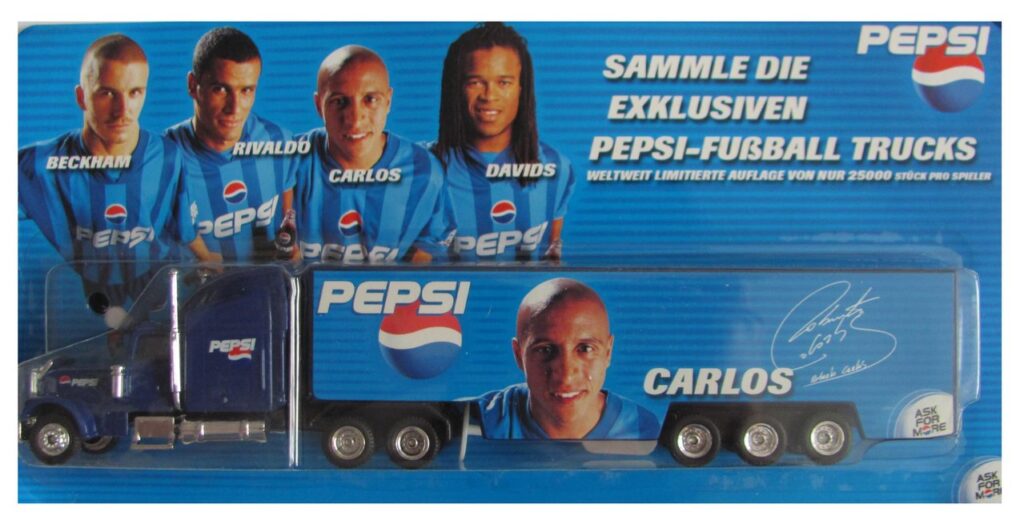
Introduction
Pepsi, one of the world’s leading soft drink brands, has been a cornerstone of the beverage industry for over a century. The brand’s consistent evolution and adaptation to changing consumer preferences make it a significant player not only in North America but also globally. Understanding Pepsi’s relevance today helps us grasp the broader trends impacting the beverage sector, especially with increasing health consciousness and competition from emergent beverage brands.
Recent Developments and Strategies
In recent years, PepsiCo has made strategic changes aimed at sustaining its market leadership. One such initiative is the company’s commitment to sustainability and healthier options. As consumer awareness around health and environmental issues rises, Pepsi has begun to diversify its product range to include low-calorie and zero-sugar versions of its flagship drinks.
Furthermore, in early 2023, PepsiCo announced new sustainability goals, committing to reduce plastic waste and improve recycling efforts across its product lines. This initiative is critical as more consumers desire brands that prioritize environmental responsibility. The company plans to invest over $500 million in sustainability projects over the next few years, showcasing its commitment to a greener future.
Product Innovations
In terms of product innovation, Pepsi is not resting on its laurels. The company launched several new flavors and limited-edition products aimed at younger consumers. A notable example is the introduction of Pepsi’s collaboration with popular artists, resulting in creative flavors that appeal to the Gen Z demographic. These marketing strategies boost sales while reinforcing brand loyalty, especially among younger audiences.
Competitive Landscape
Pepsi’s main competitor, Coca-Cola, continues to champion its market share amid changing consumer tastes. The soft drink industry remains highly competitive, with numerous players vying for attention. Despite the intense rivalry, Pepsi has maintained its stance through aggressive marketing and innovative product offerings. The soft drink giant has successfully navigated these challenges by consistently appealing to its customer base through targeted advertising and partnerships.
Conclusion
In conclusion, Pepsi remains a formidable force in the global beverage industry. Its proactive approach to sustainability, product innovation, and targeted marketing demonstrates its adaptability in an evolving marketplace. As consumers lean towards healthier and environmentally friendly options, Pepsi is well-positioned to meet these demands and continue its legacy as a leader in the soft drink sector. With the continuous challenges posed by competitors and changing consumer preferences, Pepsi’s future strategies will be crucial for maintaining its position and relevance in the years to come.



